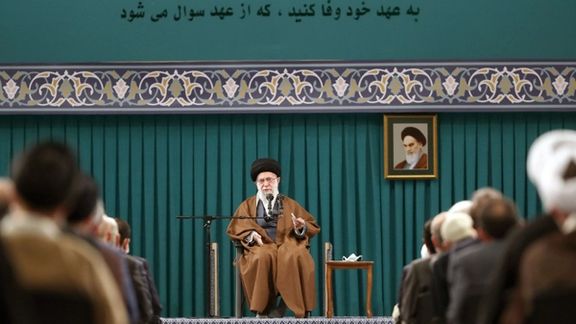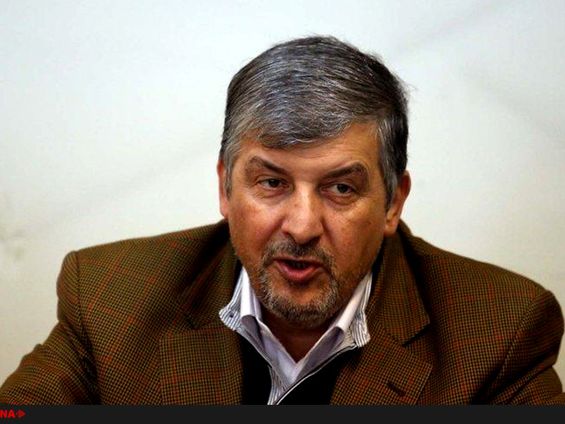Iran's Out-of-Touch Leaders Are Likely To Repeat Old Mistakes

A 25-percent fall in the value of Iran’s currency in 3 months has shaken the Iranian government and led to sharp criticism even among conservatives.

A 25-percent fall in the value of Iran’s currency in 3 months has shaken the Iranian government and led to sharp criticism even among conservatives.
Conservative politician Mansoor Haqiqatpur has accused the President Ebrahim Raisi’s administration of sharply reducing the value of assets held by rich and ordinary Iranians.
“Less than 18 months ago, when Raisi took office as the President of the Islamic Republic one US dollar was equal to 230,000 rials in Tehran markets. Now the value of every US dollar is over 380,000 rials. The devaluating Iranian currency is now as cheap as straw. This means Iranians have lost half of their assets during this period."
In fact since Haqiqatpur spoke the rial has dropped further and on Tuesday it is close to 400,000 against the US dollar.
The significance of this remark by a conservative who is a natural ally of President Raisi should not be taken lightly. In his interview with ILNA website, Haqiqatpur, like many other Iranian politicians, said that the Islamic Republic needs to update and upgrade its governance.
He charged that "the government in Iran does not follow a pre-planned path. We still do not know who is in charge of culture or identity. Who has to determine and engineer the identity of generation Z?" It appears that he still believes in strong government control even over the citizens' identity.
Haqiqatpur went on to say that "a new governance can help, but in some areas we need to change the Islamic Republic's constitution." This has become a fashionable catch phrase by some regime insiders after their political position was shaken by nationwide protests.

But like other Iranian politicians and political observers he also ignored Supreme Leader Ali Khamenei's role in undermining the constitution and other laws of the country.
The main issue with the constitution is the overwhelming power of the Supreme Leader that is the commander of chief of the armed forces and the religious institutions of the clerical regime. Therefore, he easily augments his powers, making other constitutional institutions like the presidency irrelevant.
Insiders shy away from saying that the Islamic Republic is a dictatorship and Khamenei is the only one who has the final say even in the people's private lives. How many children they need to have, what they need to wear and what they are allowed to watch on television. He even did not consult the parliament when he decided to deploy troops to Syria to save another dictator or to send weapons to Russia to assist with Putin's ambitions in Ukraine.
Three Iranian presidents, Mohammad Khatami, Mahmoud Ahmadinejad and Hassan Rouhani begged Khamenei to change a couple of articles in the constitution to allow for some reforms, but he arrogantly silenced them.
However, Haqiqatpur was brave enough to criticize the Guardian Council for its unilateral decisions to allow some politicians to run for parliament and to disqualify others without offering any explanation for its decisions. But he also said that some of the articles of the constitution including the powers of the Supreme Leader are unchangeable. Without that clarification, his words would not have been published in Tehran.
However, it was easy for him to attack Raisi as a soft target.
Iranian academic observers spoke along the same line in a gathering to probe into the idea of progress and development in Iran." Social scientists Hadi Khaniki, Ahmad Meydari and Mohammad Fazeli concluded at the gathering in Tehran that "many of Iran's problems today are because of the limitations imposed on political participation. When there is no political participation, there will be political decline," they said.
The academics further agreed that the only way out of the current crisis in Iran is recognizing the role of dialogue in social processes. Meanwhile they paid tribute to Iranian political economist Professor Majid Tehranian who had predicted the Islamic revolution in 1976, three years before it took place. "But no one heard him," Said Khaniki.
Fazeli added that "if Iranian politicians refuse to pay attention to the route Iranian government took in the 1970s, and Iranian leaders avoided contact with the public, they are likely to make the same mistakes as their predecessors."